Hurricane Matthew Batters Southeast Coast; 6 Dead as Over 1.4 Million Lose Power
Sat 08 Oct 2016, 18:28:55
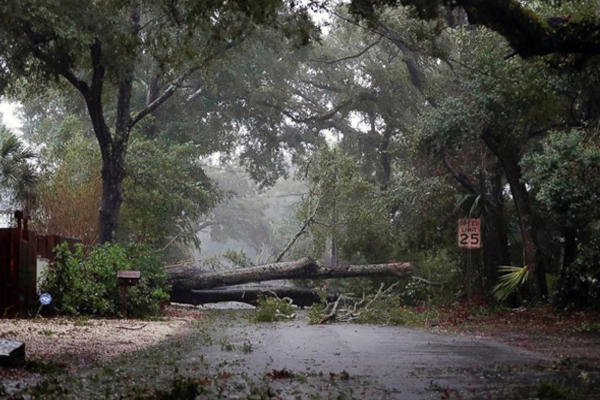
Sinister-looking face appearing within the tropical cyclone
Hurricane Matthew slammed the shore near the border of Georgia and South Carolina early Saturday, bringing torrential rain, powerful winds, a storm surge and the potential for catastrophic flooding to two more states after devastating Florida where 1 million people lost power and six died.
As of 8 a.m. ET Saturday, the National Hurricane Center had downgraded Matthew to a Category 1 hurricane with maximum sustained winds of 85 mph, down from 105 mph. Although the storm has weakened substantially, the hurricane center still warned of "strong winds and dangerous storm surge" along South Carolina's coast as well as "heavy rains and gusty winds spreading inland."
The National Weather Service also posted a new tornado watch for parts of northeast South Carolina and eastern North Carolina until 4 p.m. ET Saturday.
Hurricane Matthew is moving toward the northeast at 12 mph with the eye of the storm just off South Carolina's coastline.
"On the forecast track, the center of Matthew will continue to move near or over the coast of South Carolina today, and be near the coast of southern North Carolina by tonight," the National Hurricane Center said in its 8 a.m. ET advisory on Saturday.
Hurricane-force winds lashed Tybee Island off the coast of Georgia and Hilton Head just over the border in South Carolina, and tide levels reached a record of over 12 feet at the mouth of the Savannah River, which borders both southeast states.
Nearly 17 inches of rain were recorded at Hunter U.S. Army Airfield in Savannah, Georgia, over a 48-hour period, according to the National Weather Service.
More than 300,000 people were in the dark in Georgia and 178,000 in South Carolina on Saturday morning. Floodwaters, downed trees and debris clogged roads in much of Matthew's storm path across three states, rendering parts of Interstate 95 in South Carolina impassable early Saturday.
Six people have died in Florida from the storm.
The hurricane also claimed hundreds of lives as it tore through Haiti and other Caribbean nations.
Officials in Georgia and the Carolinas urged coastal residents to head inland as the most powerful Atlantic storm in more than a decade continued on its path along the coast.
Speaking to ABC News, FEMA Administrator Craig Fugate told residents in evacuation zones in Georgia and the Carolinas, "You need to go now."
"Many of these areas have not had this level of flooding since, like, the late 1800s," he said. "We know some people don't evacuate."
FLORIDA
More than 1 million households and businesses lost power during the storm. A major hurricane has not struck Florida in over a decade.
Ahead of the storm, more than 1.5 million Floridians were ordered to evacuate as the governor deployed 3,500 National Guard troops to assist in storm preparations.
"I've never seen anything like this before," Scott said on "Good Morning America" today.
GEORGIA
In Georgia, Gov. Nathan Deal has ordered mandatory evacuations east of I-95 along the entire Georgia coast, which is home to popular beach
towns like Tybee Island.
towns like Tybee Island.
"There comes a point where we cannot jeopardize the lives of our first responders any further," Deal said.
The governor added that he knows people who evacuated are anxious to return home, but they should not put their lives in jeopardy by going back too soon.
Deal said on Thursday, "I don't intend to prosecute anyone for not leaving. ... I think Mother Nature will take care of them."
Deal said today that 9,000 people are in 30 shelters and 1,000 National Guardsmen have been deployed.
SOUTH CAROLINA
In South Carolina, about 1.1 million people were ordered to move from coastal areas.
"The best thing now is to just hunker down, stay in a safe place," governor Nikki Haley said. "Don’t move, don’t try and move around, make sure you have your cell phones charged.
Haley said the state was preparing for major storm surges, winds, wet grounds, falling trees and power outages. There is "nothing safe about what's getting ready to happen," she said.
NORTH CAROLINA
As North Carolina braces for intense winds and rains, Gov. Pat McCrory called the storm potentially the worst flooding since Hurricane Floyd in 1999.
Coastal regions could see rainfall totals of 15 inches or more through tonight, Saturday and Sunday, McCrory said. Storm surge totals could reach 2 to 6 feet.
"What we feared is now happening in North Carolina," McCrory said.
U.S. TRAVEL
Hurricane Matthew has caused major transportation disruptions for much of the U.S, with more than 5,200 flights canceled between Wednesday and Saturday. The only airport that is currently closed is Savannah/Hilton Head International Airport; it is expected to reopen on Sunday at 8 a.m.
Amtrak suspended services in the southeast because of the severe weather.
CARIBBEAN
Matthew tore through the Caribbean this week before reaching the U.S. In Haiti, at least 271 people have been confirmed dead, Haiti's Civil Protection Agency told ABC News today, but Reuters, citing local officials, reports that at least 842 individuals have been killed as a result of Hurricane Matthew. However, authorities are struggling to gain a full picture of the death toll as communications are still down in certain areas.
Jean-Michel Vigreux, the country director in Haiti for the nonprofit group CARE, said in a statement Thursday that the southern part of the country is "now cut off from the rest of the country."
He added that the city of Jeremie was in "complete destruction."
No Comments For This Post, Be first to write a Comment.
Most viewed from International
Most viewed from World
AIMIM News
Delhi Assembly polls: Owaisi leads Padyatra in Okhla
Feb 01, 2025
We reject this Waqf Amendment Bill: Asaduddin Owaisi
Jan 30, 2025
Latest Urdu News
Most Viewed
May 26, 2020
Which team will win the ICC Men's Champions Trophy 2025 held in Pakistan/Dubai?
Latest Videos View All
Like Us
Home
About Us
Advertise With Us
All Polls
Epaper Archives
Privacy Policy
Contact Us
Download Etemaad App
© 2025 Etemaad Daily News, All Rights Reserved.


.jpg)
.jpg)
.jpg)


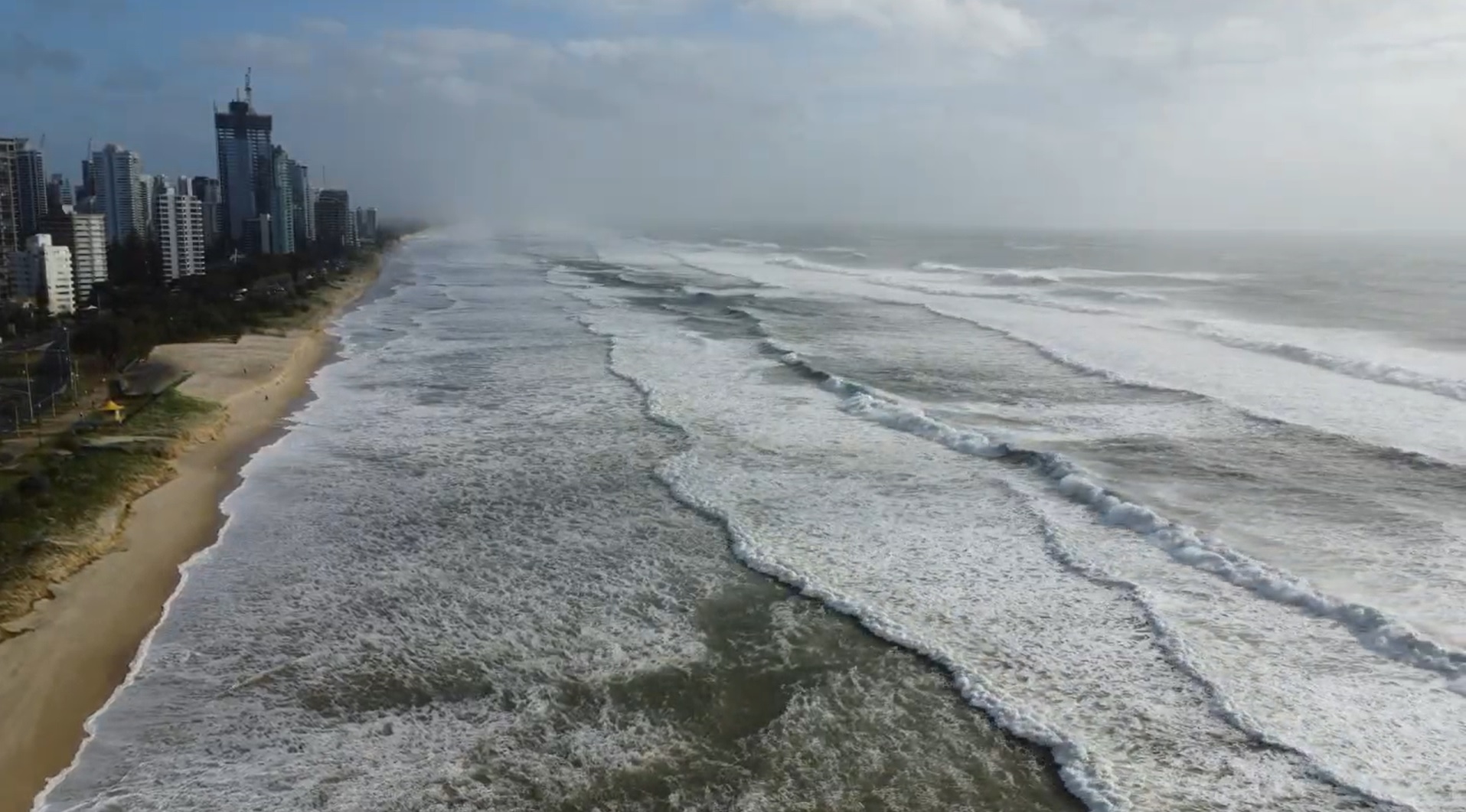
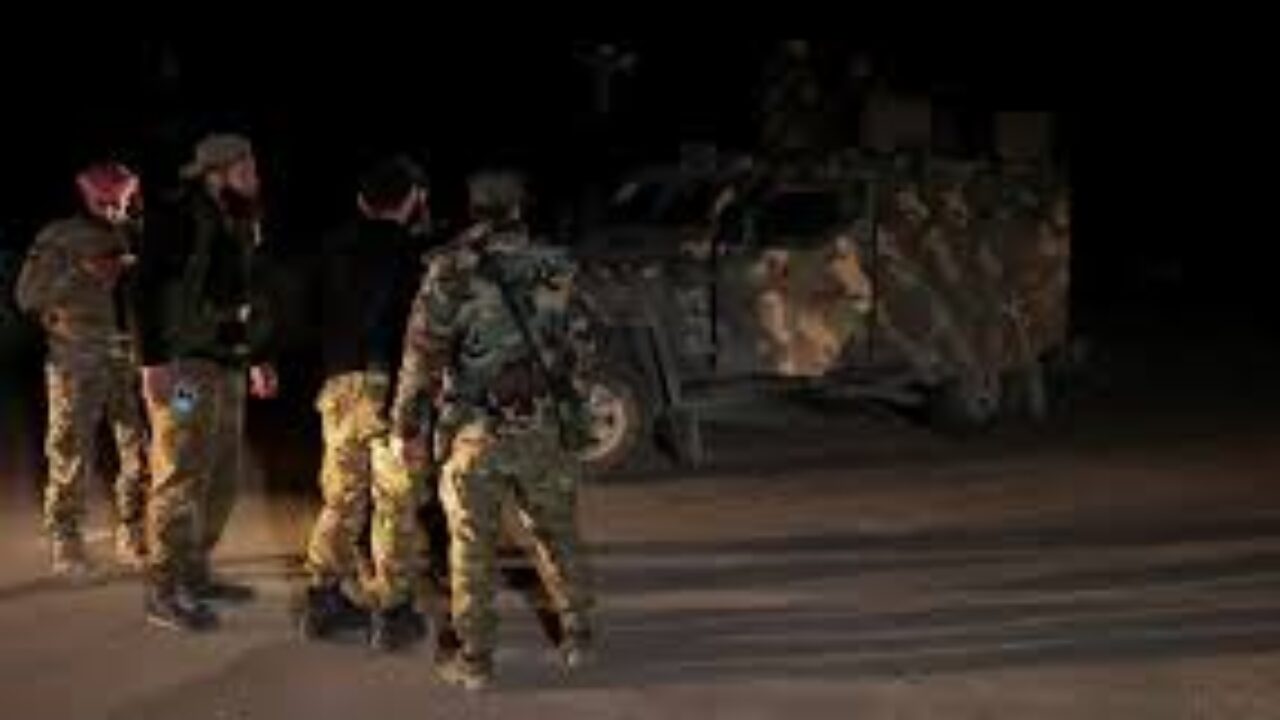

.jpg)
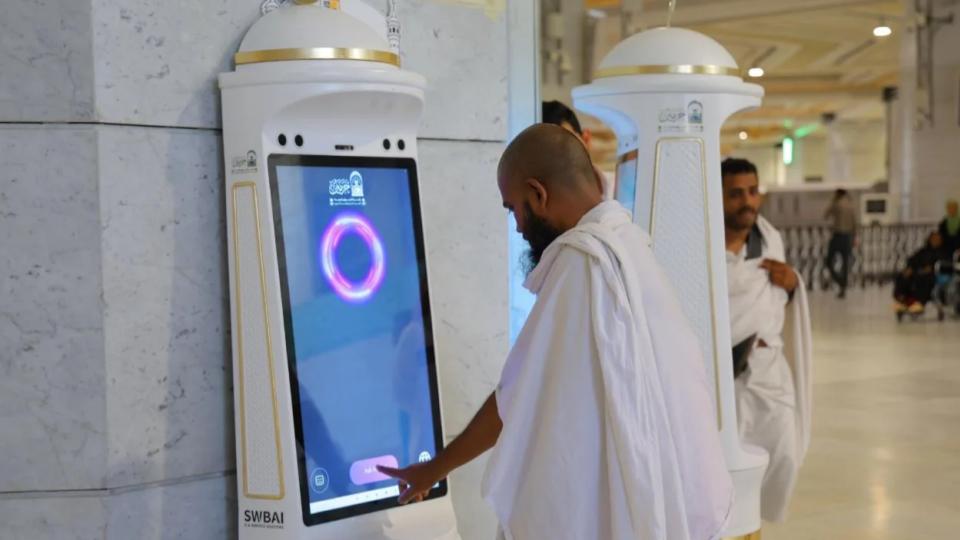


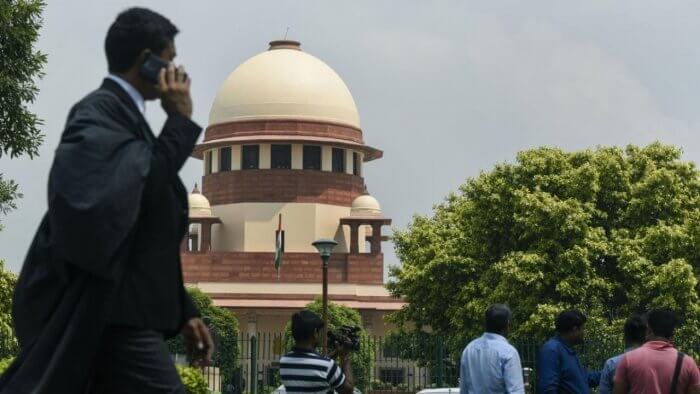



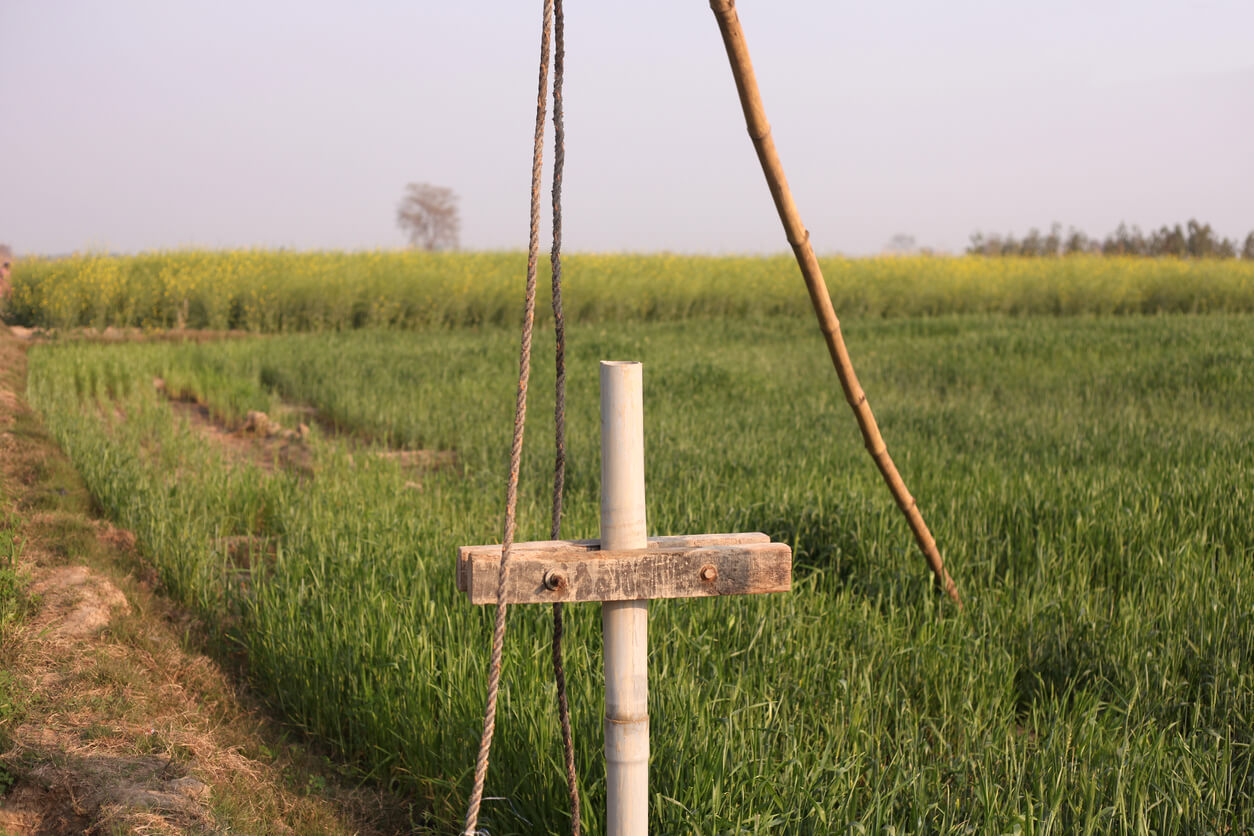





.jpg)

















